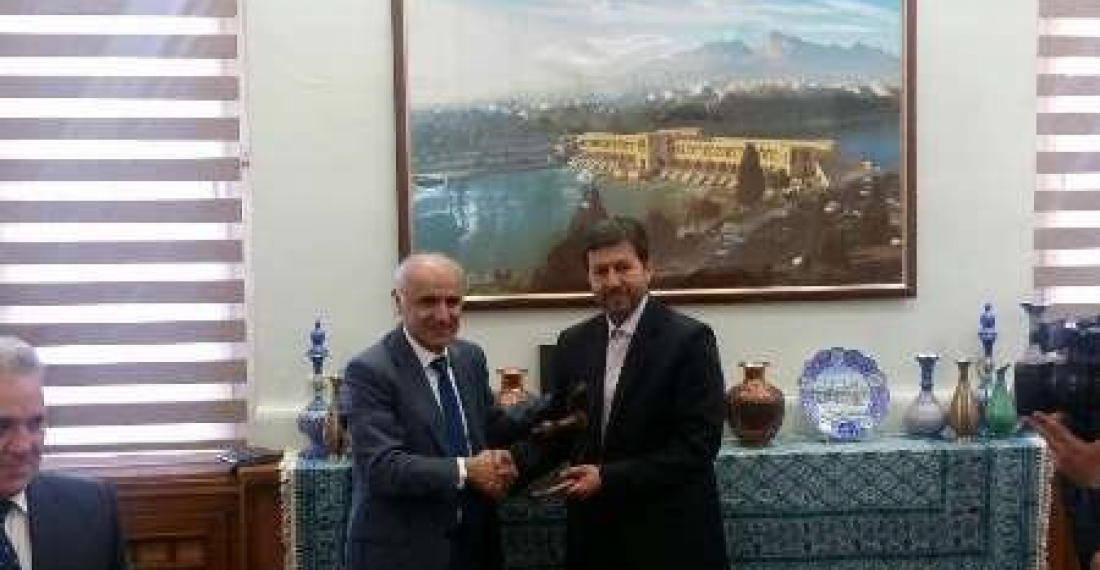The Armenian Ambassador to Iran, Artashes Tumanyan visited the city of Isfahan on Sunday (28 August) where he met the mayor of the city and members of the seven thousand strong Armenian community.
Speaking at the meeting with the Mayor of Isfahan, Ambassador Tumanyan said that Armenian-Iranian trade was expected to increase three fold as a result of a new macro-economic plan that will start being implemented soon.
The Armenian Ambassador expressed "appreciation for Iranian support to the Armenian government in light of the high profile level of diplomatic ties in hard times", he was quoted as saying by the Iranian state news agency, IRNA. Iran and Armenia have broadened wide-scale cooperation at various levels, the Ambassador said.
The ambassador said that Iran and Armenia have enormous cultural affinities and longstanding ties which have brought the two nations much closer. "Iran is like a concert and Isfahan is its first and main violin", IRNA quoted the Ambassador as saying.
source: commonspace.eu with IRNA (Tehran)
photo: Armenian Ambassador to Iran, Artashes Tumanyan at a meeting with the Mayor of Isfahan on Sunday 28 August 2016 (photo courtesy of IRNA).






